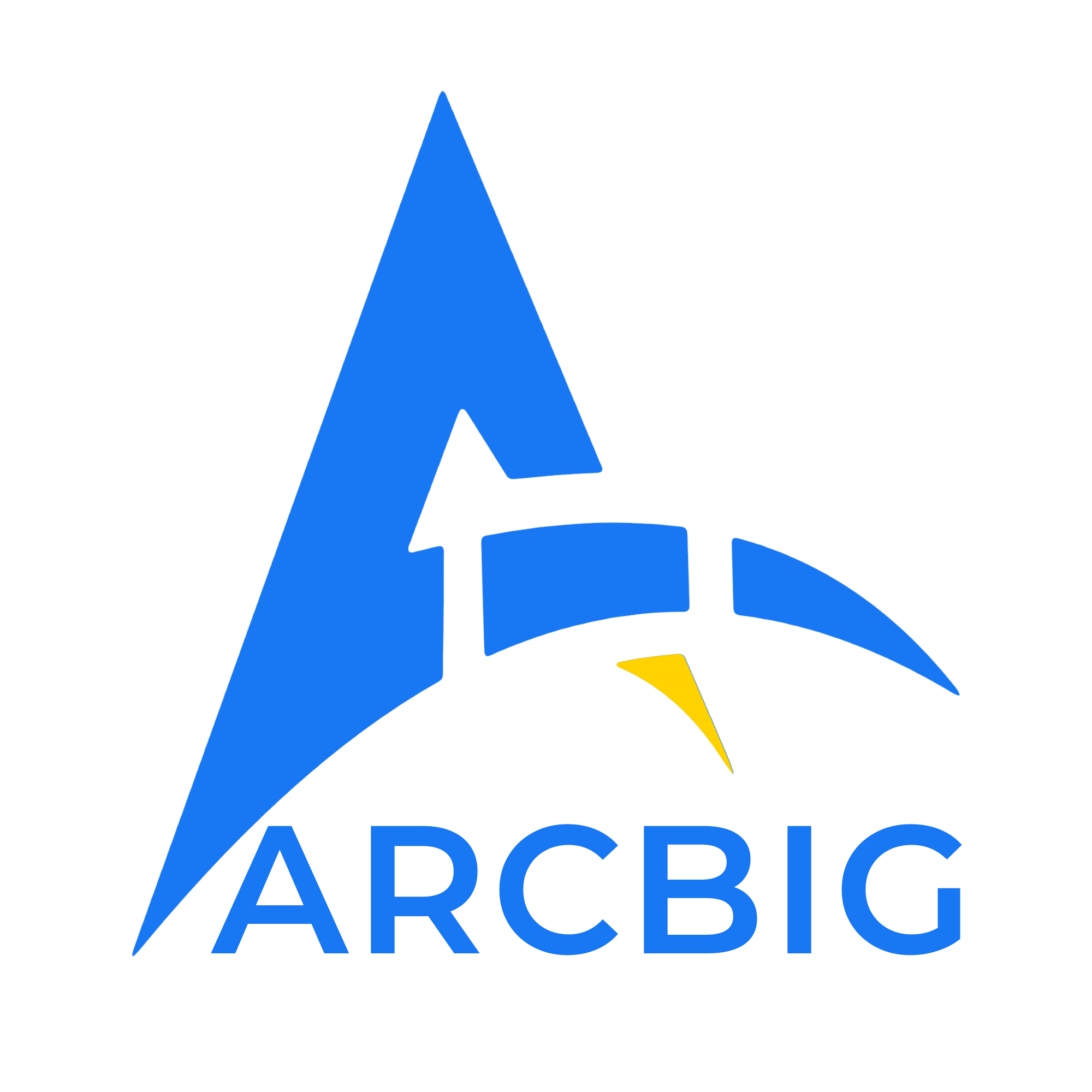In today’s digital age, having a powerful online presence is essential for businesses and individuals alike. One key aspect of building that presence is optimizing your website for search engines. By implementing effective strategies, you can increase your chances of ranking higher in search engine results pages (SERPs) and attracting more organic traffic. In this article, we will explore ten valuable tips to help you optimize your website for search engines and improve your online visibility.
1. Conduct Thorough Keyword Research
Keywords form the foundation of any successful SEO strategy. Start by identifying relevant and high-performing keywords that are related to your website’s content. Tools like Google Keyword Planner, SEMrush, or Moz’s Keyword Explorer can assist you in finding valuable keywords with decent search volumes and lower competition. Incorporate these keywords naturally throughout your website’s content, including titles, meta descriptions, headings, and body text.
2. Create High-Quality and Engaging Content
Content is king in the digital realm, and search engines prioritize websites that offer valuable, informative, and engaging content. Produce well-researched, original content that addresses your target audience’s needs and queries. Ensure that your content is comprehensive, well-structured, and easy to read. Incorporate multimedia elements such as images, videos, and infographics to enhance user engagement.
Did you know? According to a study by Backlinko, longer content tends to rank higher on search engine result pages.
3. Optimize Your Website’s Loading Speed
Website loading speed plays a crucial role in user experience and SEO. Users tend to abandon websites that take too long to load, leading to higher bounce rates. Optimize your website’s loading speed by minimizing HTTP requests, enabling browser caching, compressing images, and leveraging content delivery networks (CDNs) to serve your website’s files from multiple locations.
4. Implement Responsive Design
In today’s mobile-driven world, ensuring your website is compatible with various devices is vital. Implement a responsive design that adjusts seamlessly across different screen sizes, including desktops, tablets, and smartphones. Google emphasizes mobile-friendliness in its search algorithms, meaning that websites optimized for mobile devices have a higher chance of ranking well.
5. Enhance On-Page SEO Elements
On-page SEO elements contribute significantly to search engine visibility. Optimize your website’s meta tags, titles, and headings by incorporating relevant keywords. Craft compelling meta descriptions that entice users to click on your website in search results. Additionally, use descriptive alt tags for your images to improve accessibility and provide search engines with more context.
6. Build High-Quality Backlinks
Backlinks, or incoming links from other websites, are a significant factor in search engine algorithms. They serve as votes of confidence, indicating that other websites find your content valuable. Focus on building high-quality backlinks from reputable websites in your industry. Build relationships with influencers and consider guest blogging opportunities to increase your link profile.
Pro tip: Avoid buying backlinks or participating in link schemes, as this can result in penalties from search engines.
7. Utilize Schema Markup
Schema markup is a form of structured data that enhances the way search engines interpret and display your website’s information. By implementing schema markup, you can provide search engines with explicit details about your content. This can lead to rich snippets in search results, increasing click-through rates and improving your overall SEO performance.
Recommended reading: Check out Google’s Structured Data Testing Tool to ensure correct implementation of schema markup.
8. Regularly Update and Optimize Your Website
Search engines favor websites that are actively maintained and regularly updated. Keep your website fresh and relevant by consistently adding new content, optimizing existing pages, and fixing any broken links. Identify and rectify any technical issues that may hinder your website’s performance. Regularly check for crawl errors, duplicate content, and ensure your website is responsive across different browsers.
Pro tip: Utilize Google Analytics and Search Console to monitor your website’s performance and identify areas for improvement.
9. Leverage Social Media Platforms
While social media signals may not directly impact search engine rankings, they can significantly improve your website’s reach and visibility. Engage with your audience on various social media platforms, share your content, and encourage social sharing. Building a strong social media presence can help enhance brand awareness and drive more traffic to your website, indirectly impacting your SEO efforts.
10. Monitor and Analyze Your Website’s Performance
Regularly monitoring and analyzing your website’s performance is essential to understand the effectiveness of your SEO efforts. Utilize tools like Google Analytics, Moz, or SEMrush to track key metrics such as organic traffic, bounce rate, conversion rate, and keyword rankings. Analyze the data to identify trends, gain insights into user behavior, and make data-driven decisions to continuously improve your website’s performance.
Conclusion
Optimizing your website for search engines is a continuous process that requires a strategic approach. By implementing these ten tips, you can significantly improve your website’s visibility in search engine results pages and attract more organic traffic. Remember to prioritize user experience, deliver high-quality content, and stay up-to-date with the latest SEO trends. With persistence and dedication, you can boost your website’s search engine rankings and connect with your target audience effectively. Start implementing these tips today and experience the positive impact on your online presence.


















